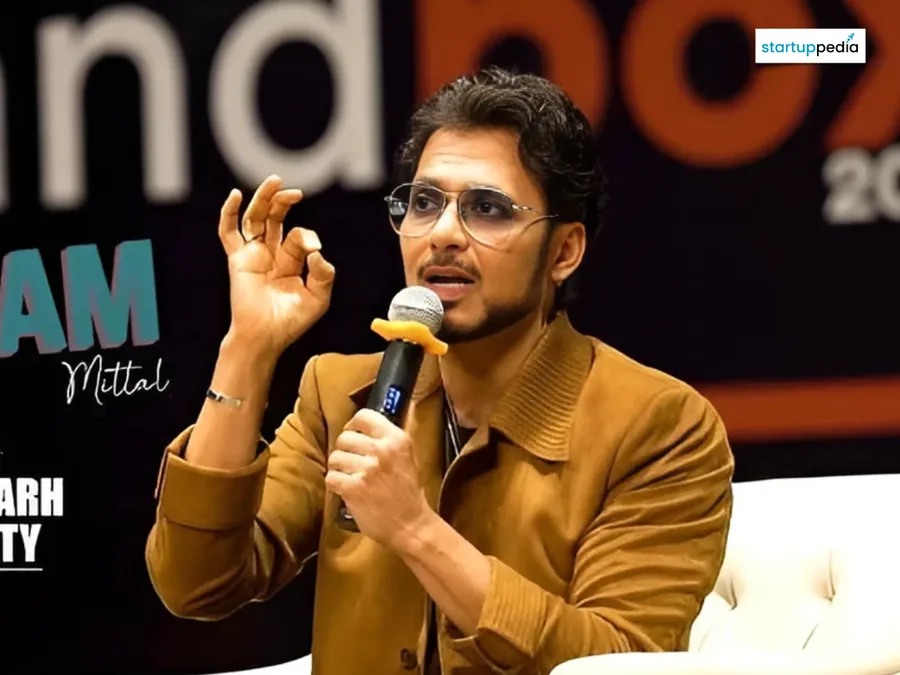By Francis
Copyright thebftonline

… but skills gap threatens youth
By Christabel DANSO ABEAM
Africa is projected to have the largest workforce in the world by 2035, according to Managing Director (MD) of Jobberman Ghana. But she noted that unless Ghana addresses its widening skills gap among its youth, they risk being left behind in the race for future jobs.
Hilda Nimo-Tieku made this revelation while delivering her keynote address at the just-ended 2025 Ghana Career and Migration Fair in Accra, themed ‘Unlocking skills for the future of work’.
Referencing a 2025 report by the World Economic Forum (WEF) which forecasts that nearly one billion people globally will need to reskill by 2030 to stay relevant in their careers, she underscored that the Ghanaian youth workforce ought to be prepared with both technical and soft skills to be able to take advantage of the digital era.
The report also reveals that job disruption will equate to 22 percent by 2030, with 170 million new roles set to be created and 92 million displaced, resulting in a net increase of 78 million jobs.
It indicated that technological advancements, demographic shifts, geo-economic tensions and economic pressures are the key drivers of these changes, reshaping industries and professions worldwide.
Drawing on data from over 1,000 companies, the report finds that the skills gap continues to be the most significant barrier to business transformation today, with nearly 40 percent of skills required on the job set to change and 63 percent of employers already citing it as the key barrier they face.
Technology skills in AI, big data and cybersecurity are expected to see rapid growth in demand, but human skills, such as creative thinking, resilience, flexibility and agility, will remain critical. A combination of both skill types will be increasingly crucial in a fast-shifting job market according to the report.
Frontline roles and essential sectors like care and education are set for the highest job growth by 2030, while advances in AI and renewable energy are reshaping the market – driving an increase in demand for many technology or specialist roles while driving a decline for others, such as graphic designers.
Almost two million youth in the country are not in education, employment or training (NEET), the Ghana Statistical Services (GSS) has stated in its Annual Household Income and Expenditure Survey (AHIES) 2024 report.
The AHIES indicates that in the third quarter of 2023, 1.9 million youth in the country, aged 15 to 35 were NEET. Females constituted predominantly 1.2 million of the youth not in education, employment or training, compared with 715,691 males.
“This demographic benefit can either be a blessing or a missed opportunity. The difference will always be determined by one thing: skills,” She noted.
Ghana’s challenge
Speaking on pressing issues of unemployment facing Ghana, she highlighted that the country is faced with three intertwined realities: Firstly, skills mismatch – where many graduates do not have digital literacy, problem-solving and workplace readiness demanded by employers.
Also, youth unemployment. She said that despite the current rise of interest in education, the youth still remain jobless or underemployed, which leads to migration aspirations.
Finally, emerging opportunities. She stressed that as Ghana is positioning itself as a hub for the digital economy, entrepreneurship is on the rise and the private sector is hungry for fresh tenants and those who are adequately skilled.
“However, employers are looking for more than a degree. They seek workers who can solve problems, work across cultures and disciplines, good at using digital tools, and those who are resilient and can adapt to change quickly,” She indicated.
Shared responsibility
The MD urged for a united strategy. To her, the government must create an empowering approach and invest in training infrastructure. Stakeholders should give more internship, apprenticeship and mentorship opportunities and the country’s educational curricula must be updated to reflect labour market needs.
To the youth
Charging the youth, Ms. Nimo-Tieku called for a strong appeal for resilience and reinvention while emphasising that a degree is a foundation, but the ability for a person to have a grown mindset and willingness to adapt is very important.
She further advised that Ghanaian youth should strive for legal routes and develop global transferable skills that would aid them to thrive abroad or at home.
The fair is an initiative of the European Union (EU) and German Development Cooperation in partnership with the Ministry of Labour, Jobs and Employment. It is designed to prepare Ghanaian youth for the fast-changing job market by connecting them with employers and opportunities in skills development, entrepreneurship, green jobs and ethical migration.



